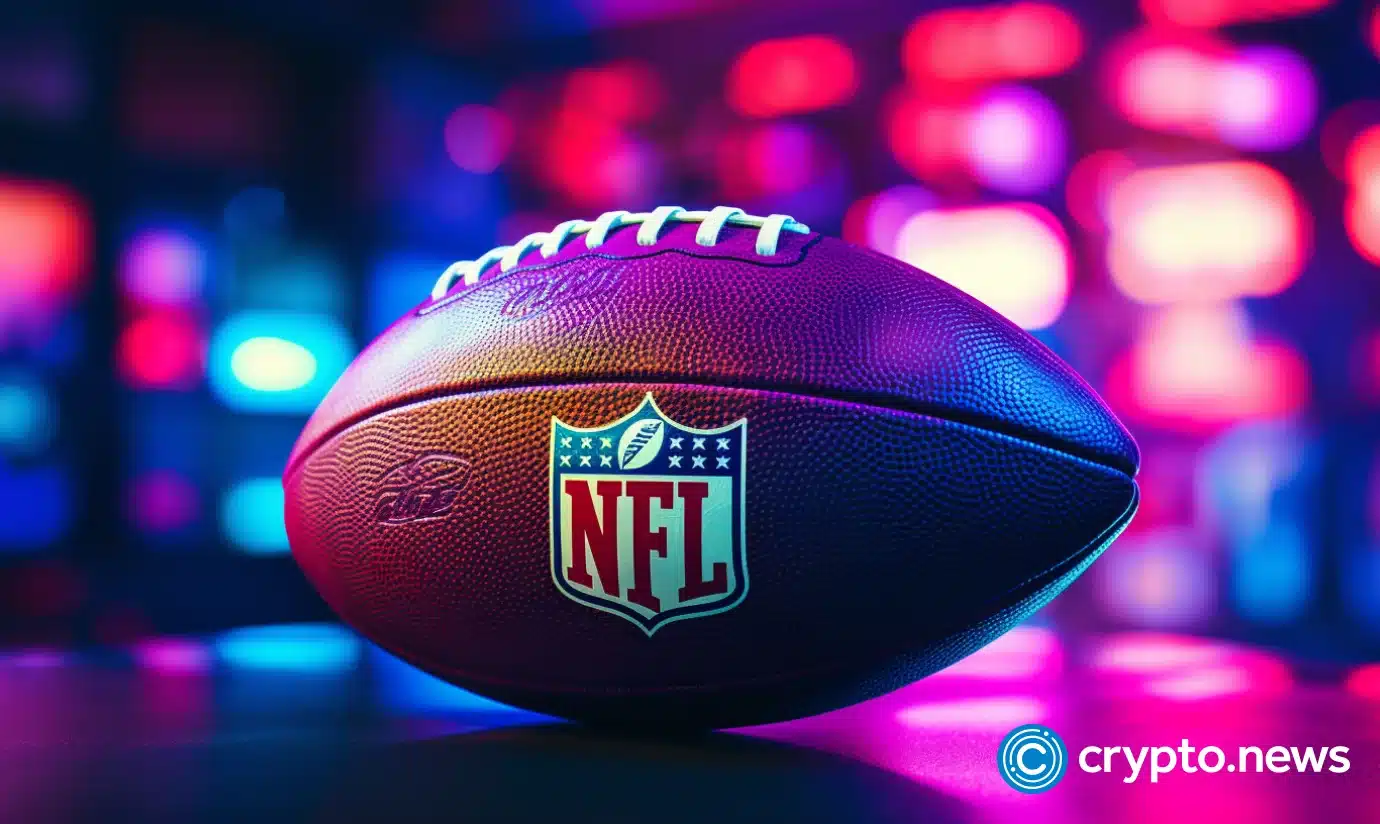With preparations for Super Bowl LVIII in full swing, cryptocurrency companies are reportedly reducing their exposure, with many opting out of advertising during the highly anticipated event.
According to a report by Fox Business journalist Eleanor Terrett, the clash between the San Francisco 49ers and the Kansas City Chiefs in Las Vegas has little presence of cryptocurrencies and Super Bowl advertising costs ($7 million for 30 seconds) are inflated by major corporations. It will happen. This is a space to reevaluate how you distribute your marketing budget.
Terrett said heavyweights in the U.S. cryptocurrency exchange market, such as Kraken, will not be competing for air time at this year’s event.
In her report, Mayur Gupta, Kraken’s chief marketing officer, said the company’s approach is pivoting toward a more global audience, championing movements that value financial freedom and inclusion rather than U.S.-centric Super Bowl exposure. He has also reportedly emphasized a shift from hype-driven marketing to a more educational stance on the potential of cryptocurrencies.
Meanwhile, Coinbase, which has participated in past Super Bowl ads, is redirecting funds to policy advocacy, with the goal of influencing comprehensive digital asset legislation and supporting sympathetic policymakers in the 2024 elections.
The decision to potentially pull the plug on Super Bowl advertising highlights a larger industry-wide reexamination of marketing strategies. Since the collapse of FTX, the cryptocurrency industry has faced increased regulatory scrutiny and a sobering aftermath of high-profile mistakes.
Despite the recent approval of a new spot Bitcoin exchange-traded fund (ETF), there will be a noticeable absence of related advertising during the event, which has traditionally been a playground for lavish commercial debuts.
Heavy hitters like BlackRock and Grayscale have decided not to invest in Super Bowl air time, which some may see as a missed opportunity. Nonetheless, this is not surprising given the timing of ETF approval and the overall cautious sentiment currently surrounding the sector.
Terrett also stated that if a spot Bitcoin ETF issuer had been thinking of advertising during Super Bowl LVIII, only Grayscale would have aired the GBTC ticker.
This is due to a provision that only allows businesses with at least 12 months of trading history to advertise using the ticker. Only grayscale meets this requirement. This means that other companies would have been limited to general Bitcoin (BTC) exposure promotions without a specific ticker.
Cryptocurrency missing from Super Bowl for second year in a row
The last time cryptocurrencies actually had a presence at the Super Bowl extravaganza was in 2022. It was a time when cryptocurrency companies luxuriated their viewers with advertisements featuring celebrities.
Figures like seven-time Super Bowl champion Tom Brady, basketball star Stephen Curry, and comedian Larry David have joined the now-bankrupt FTX to venture into the volatile world of cryptocurrency. evoked ‘fear of failure’ with the message.
Most of these advertisers later faced a number of issues that prevented them from returning to the bright lights for another halftime show in 2023. The bankruptcy of FTX and the subsequent arrest of CEO Sam Bankman-Fried served as a warning about the fragility of the cryptocurrency market. . The scandal has led celebrities like David, who were paid in cryptocurrency for their participation, to lament their participation.
In the wake of the so-called “Crypto Bowl” (what fans called Super Bowl LVI), despite huge commitments from companies like Crypto.com, including investing $700 million in the naming rights to LA’s Crypto.com Arena. We had to lay off employees. .
Meanwhile, Coinbase, despite its memorable floating QR code in 2022, has had to navigate a more than 70% stock plunge, layoffs and regulatory issues, including a massive settlement over lax account background checks.
Afterwards, the only cryptocurrency-related ad to grace last year’s Super Bowl came from a little-known company: cryptocurrency gaming company Limit Break. A $6.5 million bet on DigiDaigaku, an NFT-based gaming ad that reflected the industry’s theme of temptation, led viewers to a QR code that promised NFT claims but merely redirected them to the company’s CEO’s Twitter page.

